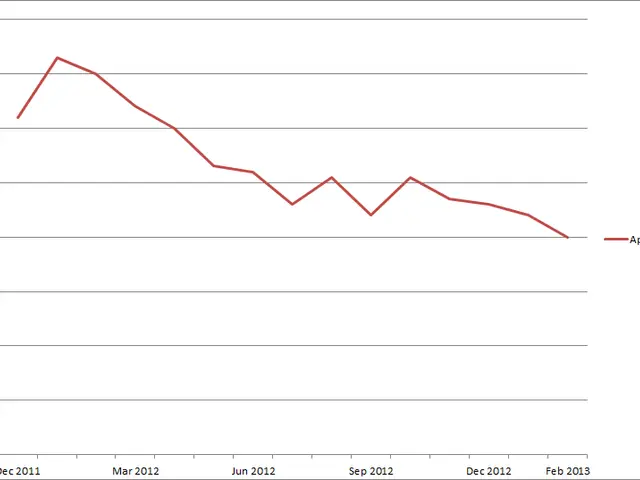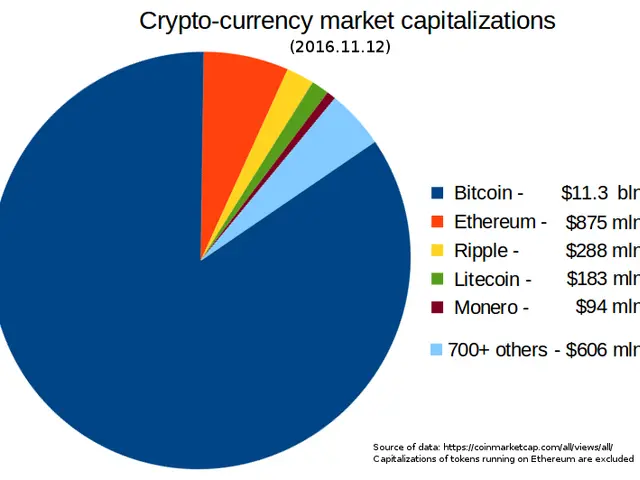Solar energy will account for a third of the power consumed at JLR Headquarters
Jaguar Land Rover Unveils Solar Farms at Major UK Sites
Jaguar Land Rover (JLR) has taken a significant step towards renewable energy independence with the opening of a solar farm at its Gaydon headquarters in the UK. Spanning over 26 hectares, equivalent to 36 football pitches, the solar farm is part of JLR's broader strategy to transition towards renewable energy sources.
The solar farm at Gaydon, with a capacity of 10 Megawatts (MW), will generate around 8760 MWh of energy each year, meeting approximately 40% of the site's energy needs. This solar project is primarily designed to power Electric Vehicle (EV) charging infrastructure, a crucial step in JLR's commitment to a more sustainable future.
JLR's chief sustainability officer, Andrea Debbane, stated that these steps are "important" and deliver "tangible value today and for the long-term". She also mentioned that these initiatives "directly reduce our global operational emissions" and help JLR move closer to its net zero goal.
In addition to the Gaydon solar farm, JLR is also developing a similar project at its Wolverhampton Electric Propulsion Manufacturing Centre. The Wolverhampton project includes one of the UK's largest rooftop arrays, featuring over 18,000 solar panels. The Wolverhampton solar array is scheduled to open in the coming months.
The solar project at JLR's Merseyside site will also incorporate solar car ports, canopies, and solar walkways, similar to structures common in hotter countries like Spain. These innovative features not only generate clean energy but also provide practical solutions for EV charging and site navigation.
By implementing these solar projects, JLR aims to source at least 30% of its global energy use from on-site renewables. This ambitious goal is part of JLR's commitment to reducing its carbon footprint and contributing to a more sustainable future.
The solar farm at JLR's headquarters, which houses the company's design, engineering, and R&D teams, is a testament to the company's dedication to innovation and sustainability. These initiatives are undoubtedly important steps in JLR's journey towards a greener and more sustainable future.








